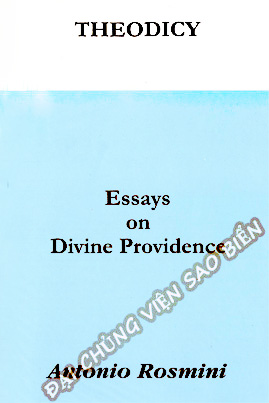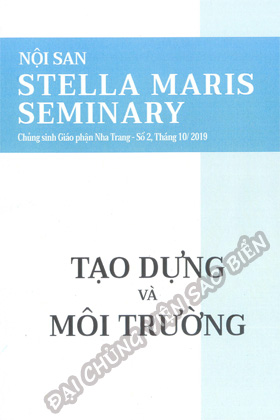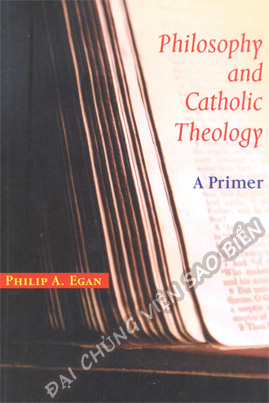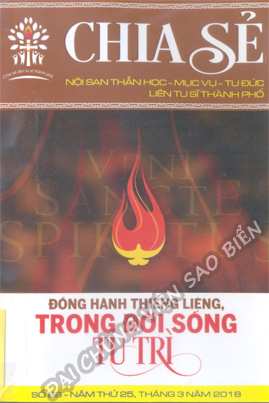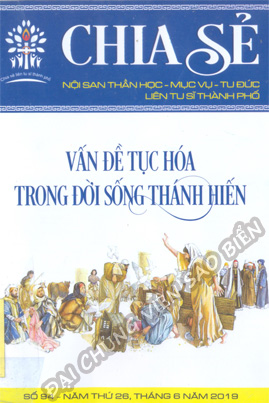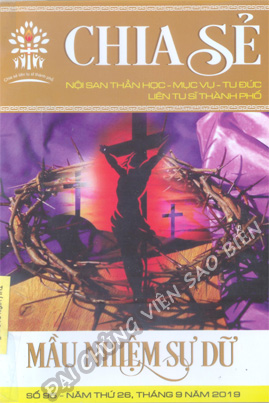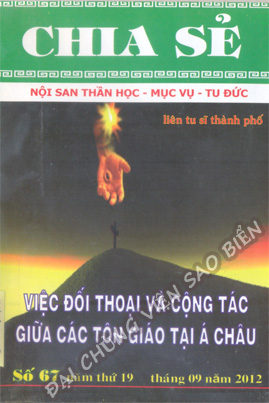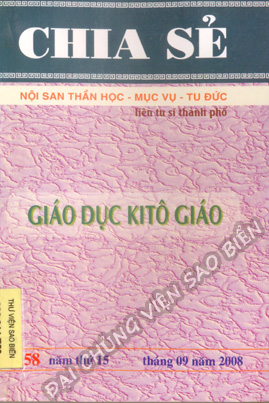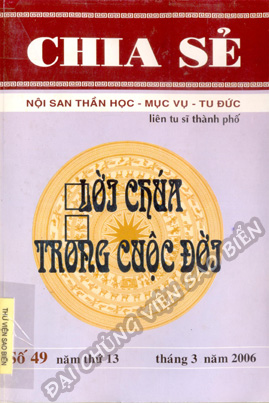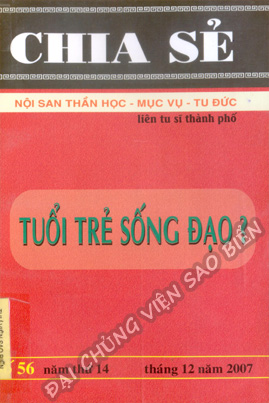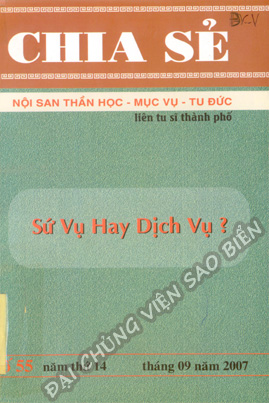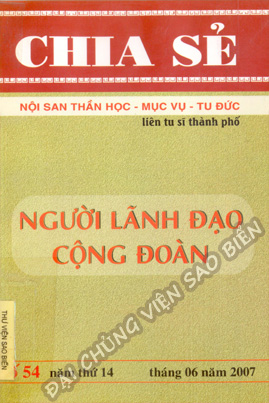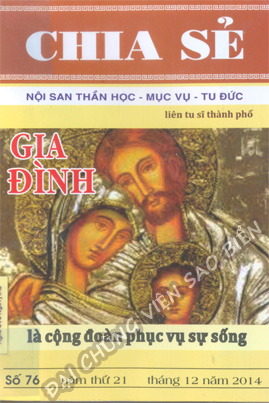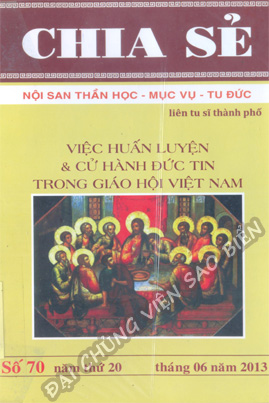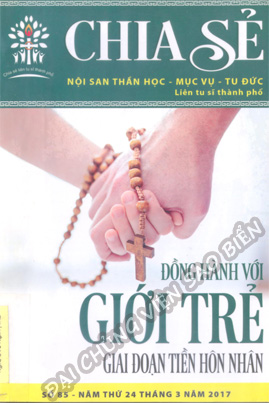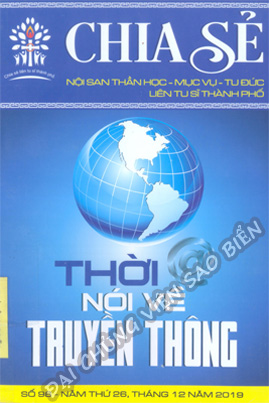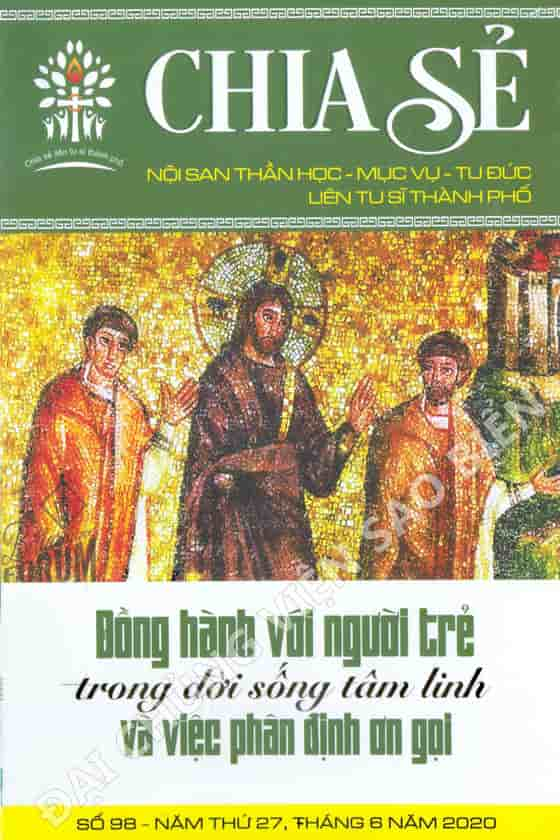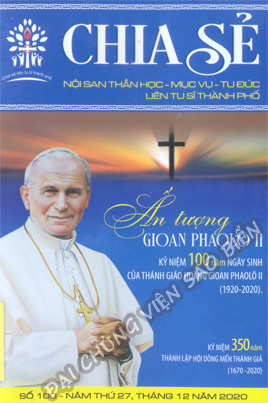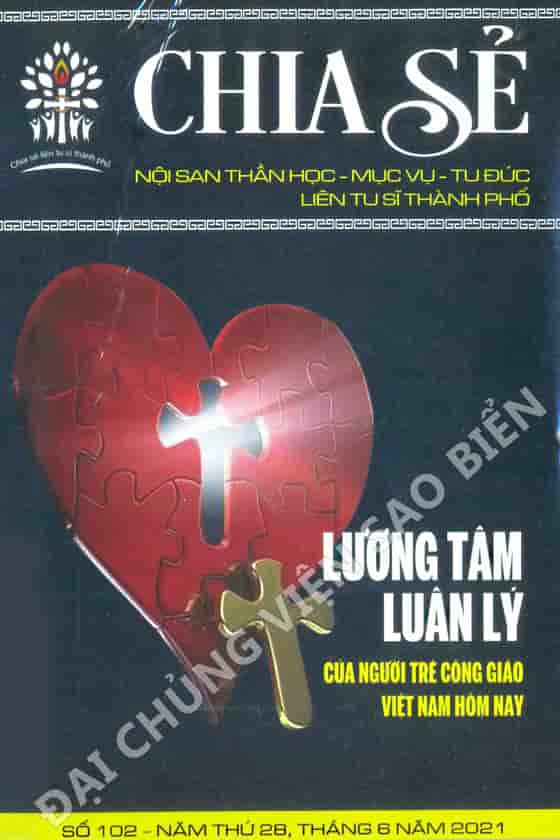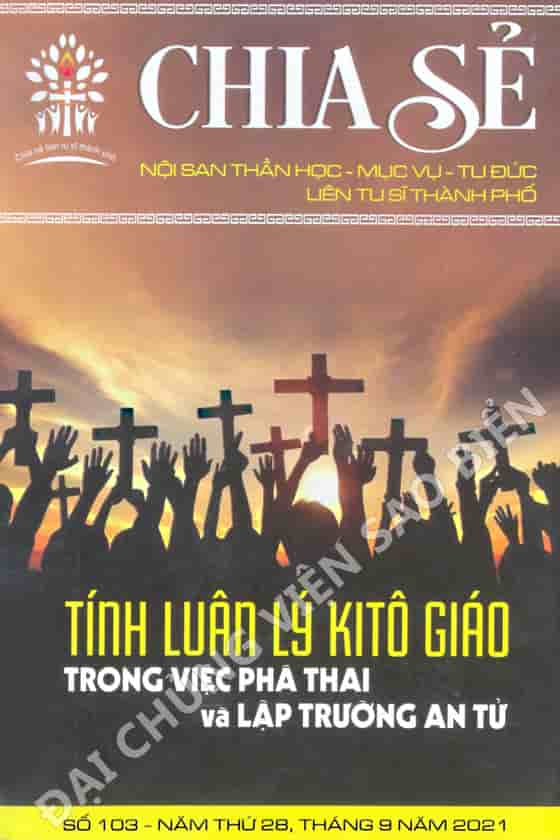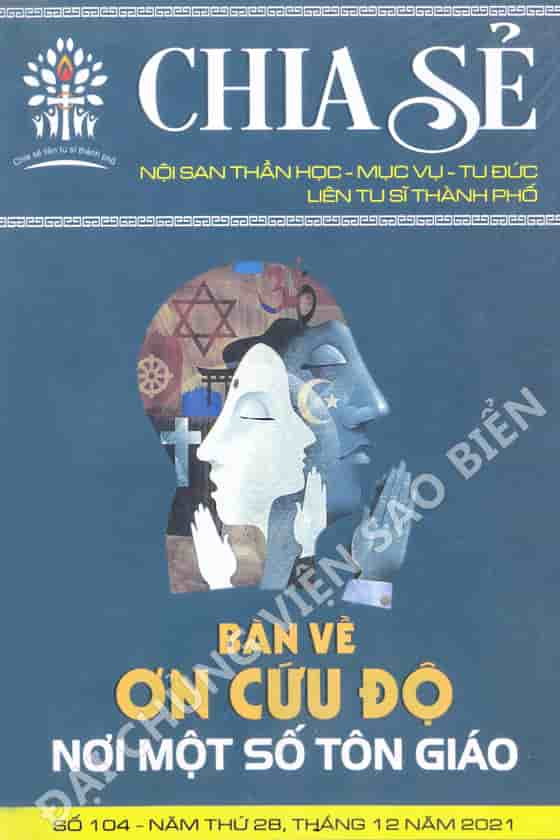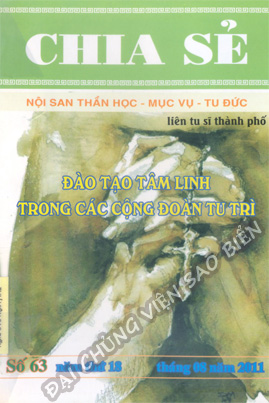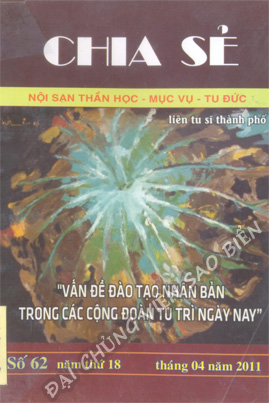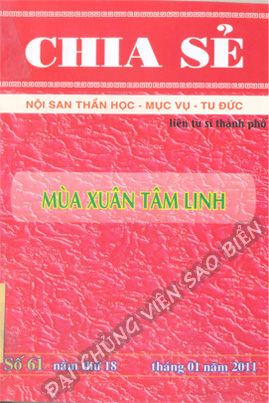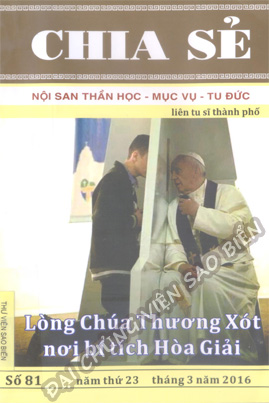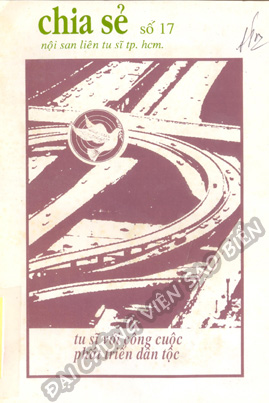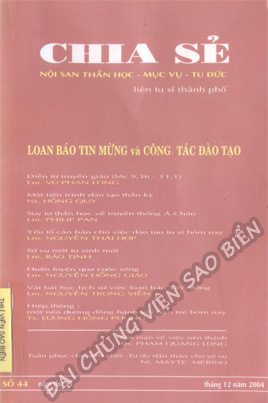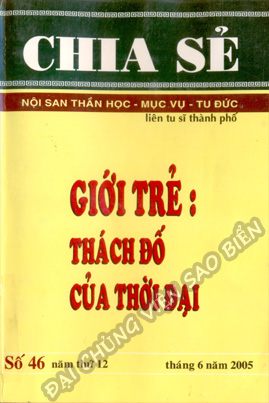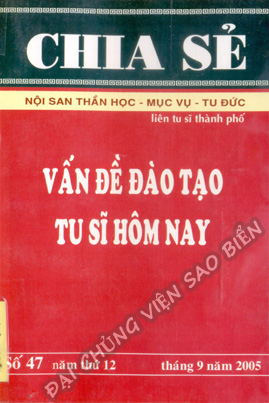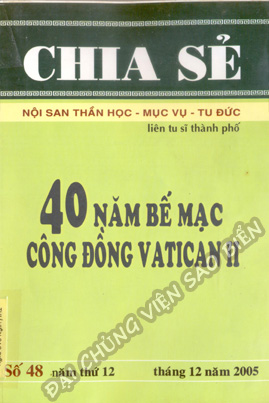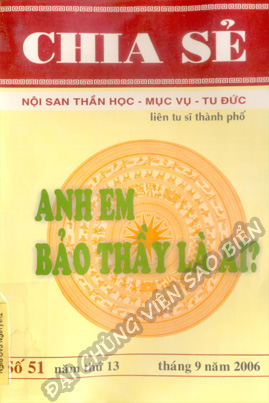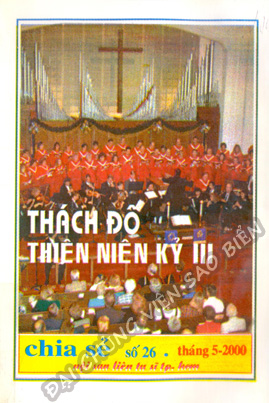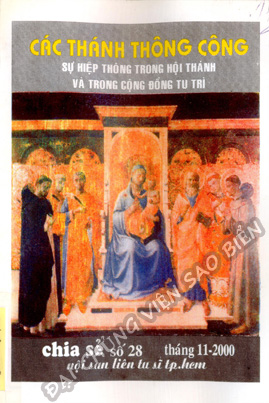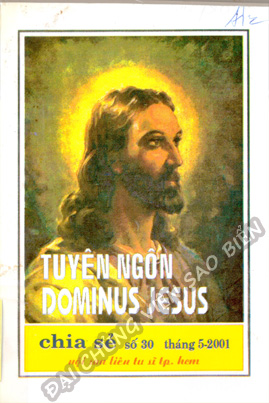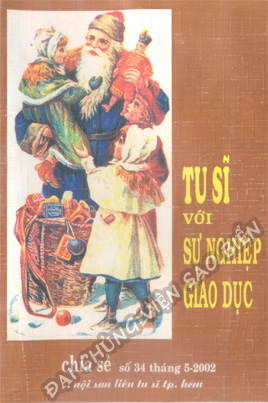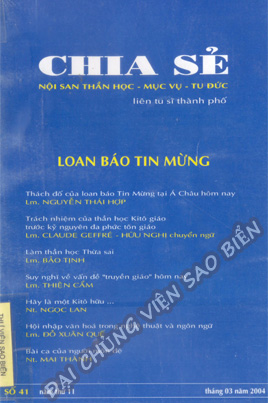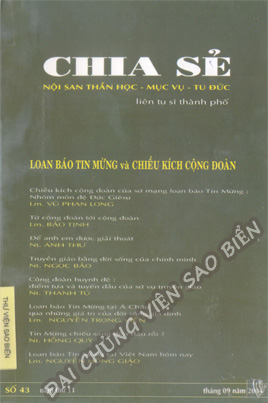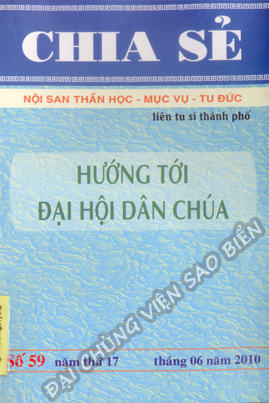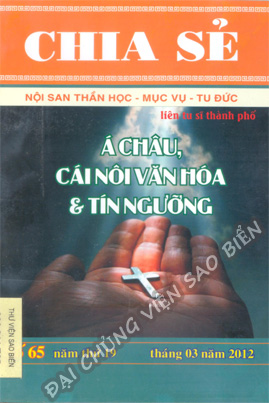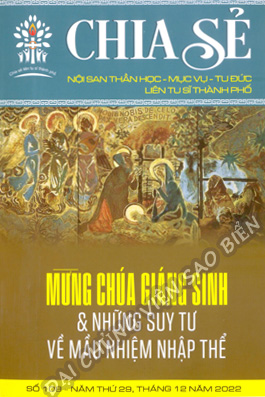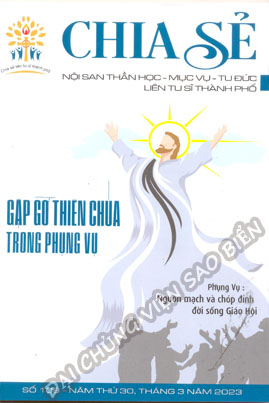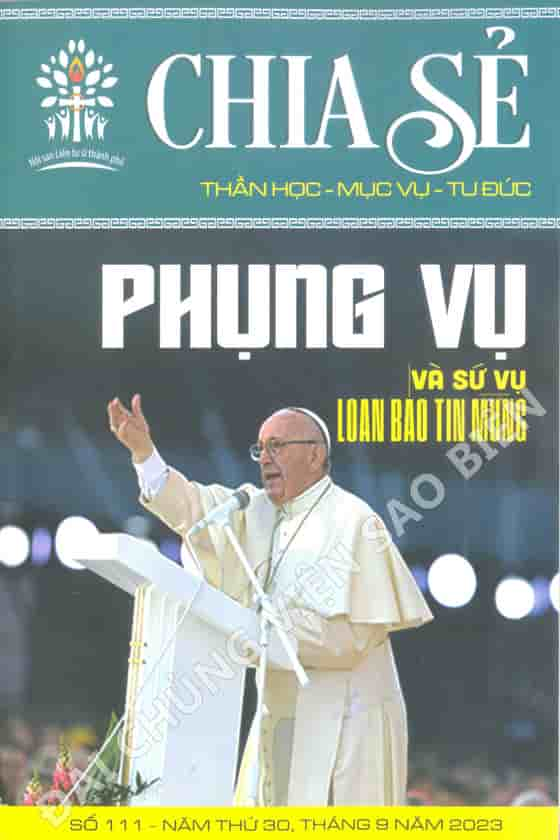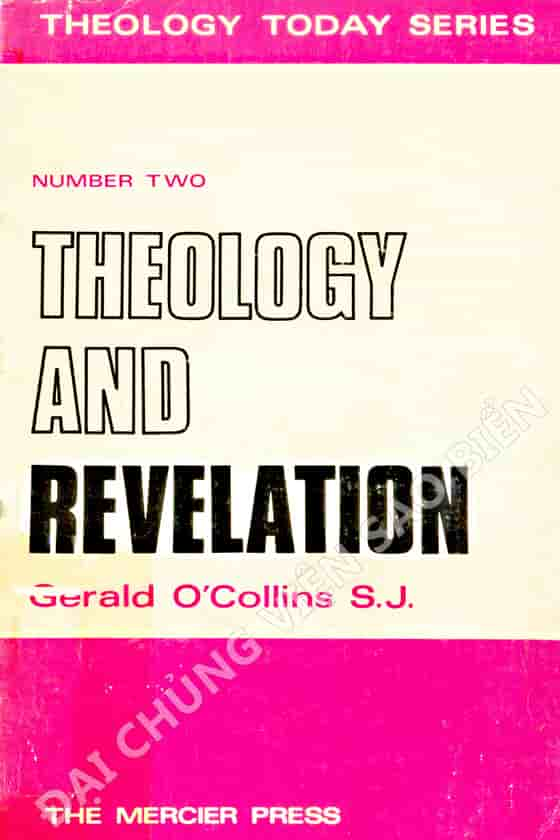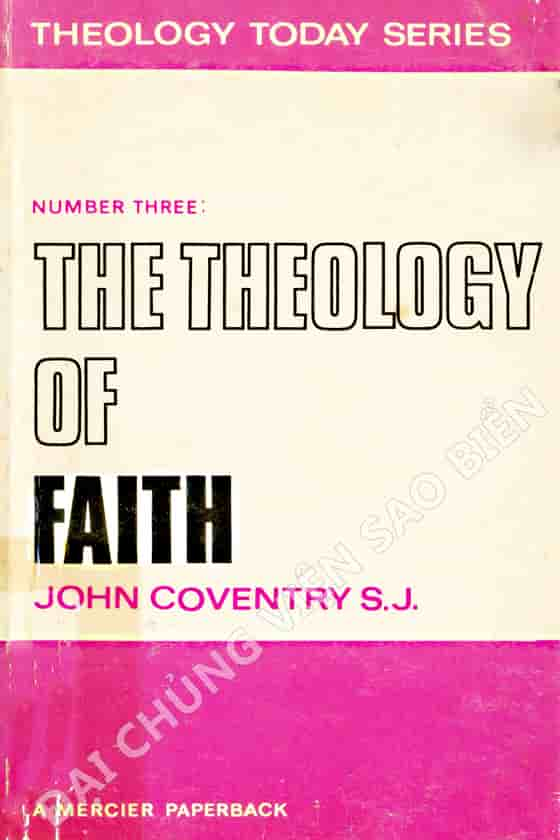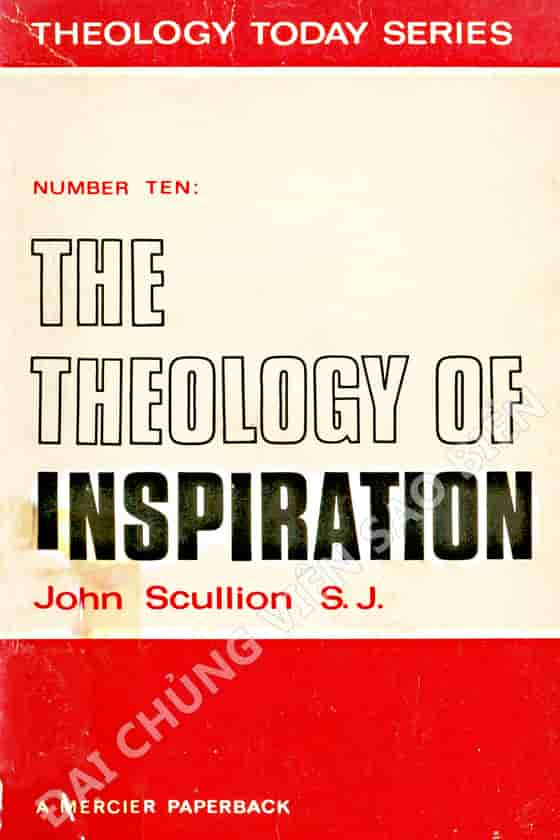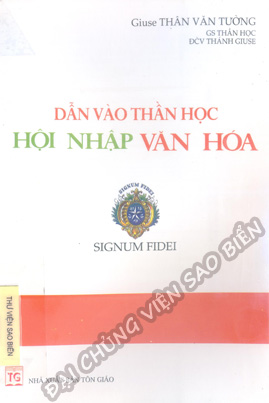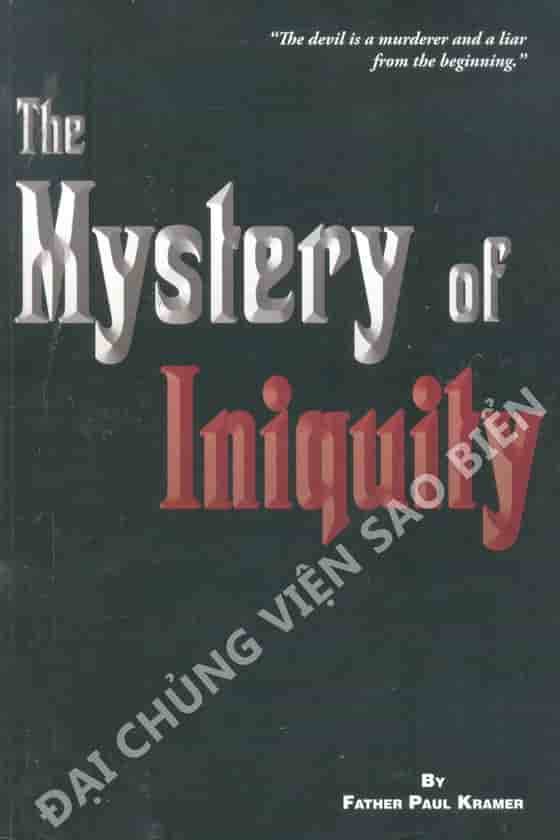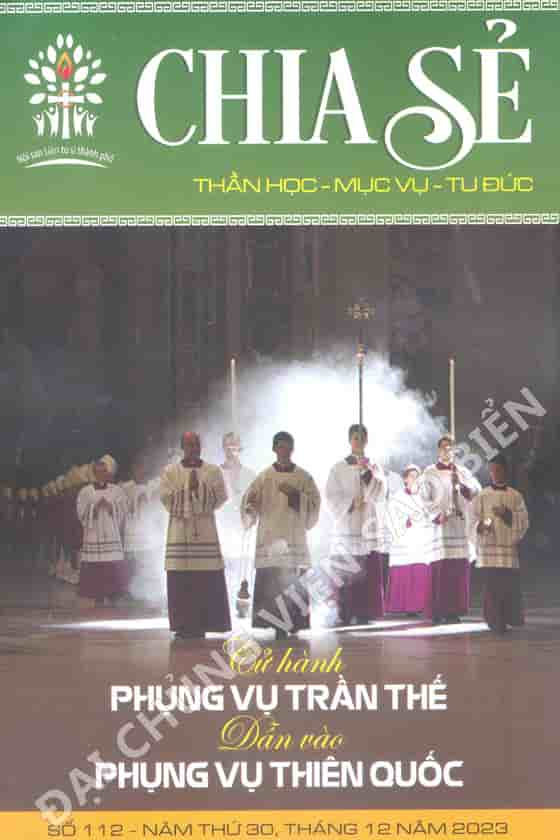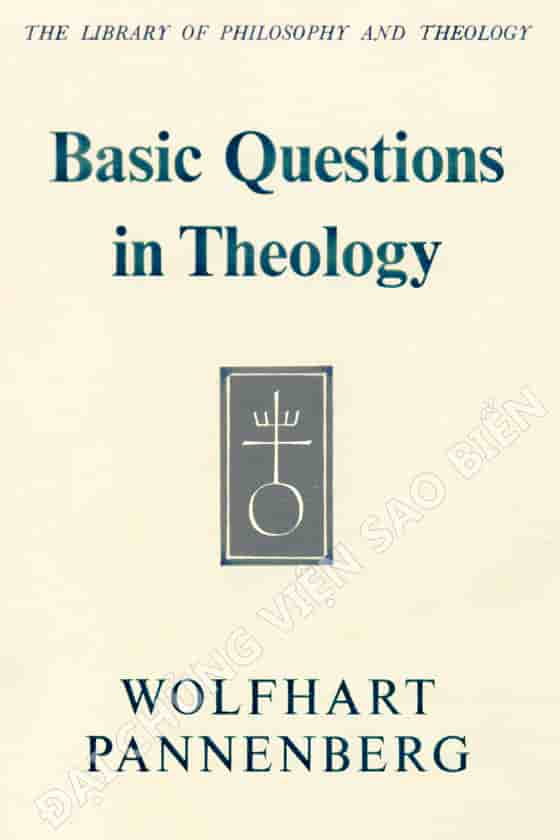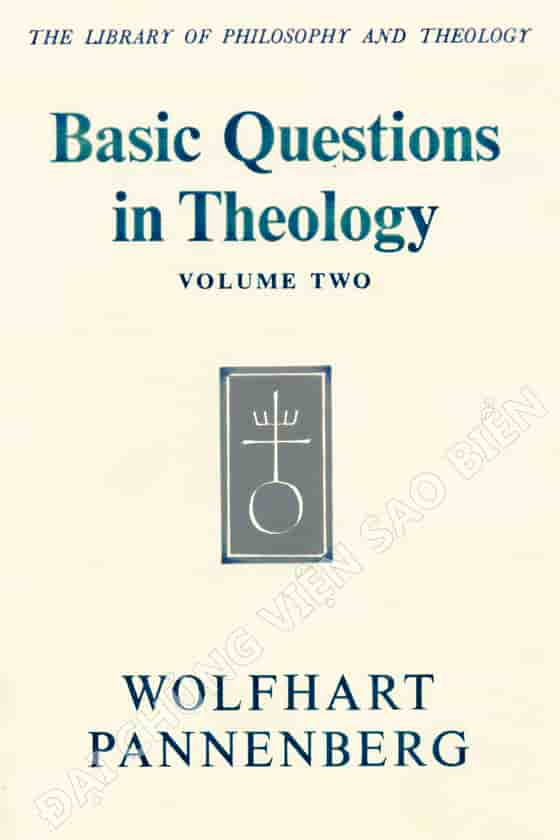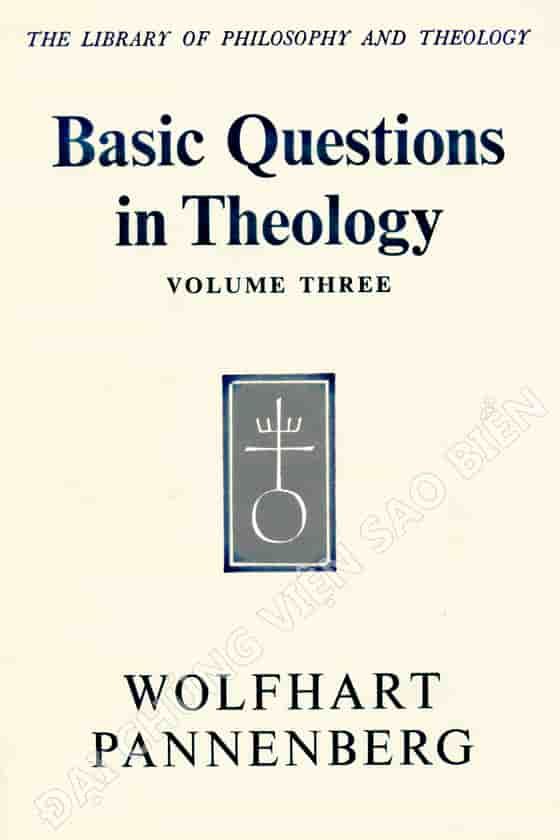| BOOK ONE |
|
| CHAPTER 1. The study of the ways of divine Providence strength-ens us in temptations against virtue |
9 |
| CHAPTER 2. God invites us to study the ways of Providence by putting before us the book of nature and history |
11 |
| CHAPTER 3. Those who believe in the existence of God cannot be reasonably disturbed by the apparent difficulties seen in the government of Providence. On the contrary, they willingly study the difficultics in order to know God's greatness better |
13 |
| CHAPTER 4. The difficulties concerning the government of Providence have their source in the infinite Wisdom that presides over that government and in the comparative ignorance of mankind |
15 |
| CHAPTER 5. Every difficulty we solve concerning the government of Providence reduces our ignorance, while adoration of Providence increases our goodness |
19 |
| CHAPTER 6. Two paths lead to the solution of the difficulties about Providence: the path of faith and the path of reason |
21 |
| CHAPTER 7. The path of faith is endorsed by reason and strengthens human understanding |
22 |
| CHAPTER 8. The path of reason is abused by some, who use it to their own ruin |
25 |
| CHAPTER 9. Those who trust solely in the path of reason put their salvation at risk |
28 |
| CHAPTER 10. The way of reason is secure when united with the path of faith |
35 |
| CHAPTER 11. Only revelation can reveal the plan of the universe and thus dispel all doubts concerning the perfect goodness of its government |
38 |
| CHAPTER 12. In the plan of the universe there is something infinite and mysterious where reason comes to a halt and gives place to faith |
42 |
| CHAPTER 13. Continuation — We cannot perceive God in this life |
44 |
| CHAPTER 14. Summary of the four limitations of human reason — The first limitation: reason does not have a positive idea of God |
47 |
| CHAPTER 15. The second limitation of human reason: reason cannot encompass the infinite |
55 |
| CHAPTER 16. The third limitation of human reason: the intellectual faculties of every human being have an accidental nature |
57 |
| CHAPTER 17. The fourth limitation of human reason: the only entia it can know are those that come to it independently of it and are offered for its contemplation |
61 |
| CHAPTER 18. Continuation. Acts of knowledge that are accidental to understanding. The limited matter of knowledge, given us by the Creator |
63 |
| CHAPTER 19. Continuation. Three objects of our knowledge are given us in a certain determined measure by divine free will |
66 |
| CHAPTER 20. Continuation. The divine origin of a part of language |
68 |
| CHAPTER 21. Continuation. Together with language, we also receive from God some principal truths preserved in the tradition of the human race |
70 |
| CHAPTER 22. Natural reason alone cannot give us knowledge of happiness; this knowledge is learnt from God |
76 |
| CHAPTER 23. Knowledge of happiness is the result of all that can be known. Human reason does not attain this knowledge: God alone communicates it to us. Therefore faith is again necessary |
81 |
| CHAPTER 24. Continuation. — Knowledge of times and places is beyond the power of human reason |
83 |
| CHAPTER 25. The limitations of reason that we have discussed do not make reason contrary to faith but bind faith and reason together with mutual functions |
88 |
| CHAPTER 26.The fallibility of reason gives rise to some apparent contradictions between it and faith. But reason can solve these contradictions by acknowledging its error |
90 |
| CHAPTER 27. Sensism limits reason unduly and leads to scepticism |
92 |
| CHAPTER 28. Transcendental idealism greatly limits reason, rendering it powerless to attain the truth, and results in scepticism |
96 |
| CHAPTER 29. The limitations I have assigned to human intelligence do not in any way lead to scepticism |
102 |
| CHAPTER 30. Modern philosophy destroys theodicy |
107 |
| CHAPTER 31. Dispositions of spirit necessary for helping the mind to overcome the difficulties presented by the government of Providence |
115 |
| BOOK TWO |
|
| CHAPTER 1. The purpose of this book is to present the particular reasons that justify Providence in the permission and distribution of temporal evils |
123 |
| CHAPTER 2. The origin of evil — its nature — the usefulness of these two investigations |
126 |
| CHAPTER 3. The existence of evil does not detract from divine perfection because evil is in finite natures, not in God, and its nature is not positive |
128 |
| CHAPTER 4. Granted that nature is finite, the possibility of evil is necessary. Hence, even God could not prevent the existence of evil, because God cannot do the absurd |
132 |
| CHAPTER 5. The existence of evil does not contradict the perfection and holiness of God |
136 |
| CHAPTER 6. Defence of divine justice against the objection concerning the evils suffered by the descendants of the first parent as a result of his fault |
139 |
| CHAPTER 7. Divine goodness is defended if we show that any objection against it would be rash precisely because we cannot know enough about it |
147 |
| CHAPTER 8. Divine goodness shines out in the permission of sin because God used the opportunity offered by sin to open for us, through the grace of the Redeemer, a fount of spiritual joys that were greater than the temporal punishments resulting from sin |
149 |
| CHAPTER 9. Recapitulation. Statement of the question concerning the distribution of temporal evils is stated |
153 |
| CHAPTER 10. Because no one is totally just, no one can say that they have been ill-treated by the distribution of temporal evils and goods |
155 |
| CHAPTER 11. Under the best government of the universe, whose task is to obtain the greatest good, natural virtue enjoys no righ to be immune from all evils. All it can claim is that the best ruler choose the series of causes and effects that is the most favourable to it among all possible series |
158 |
| CHAPTER 12. Human nature remains damaged even after justification. Temporal evils fall on the damaged nature, not on the justified person. They do not come from God, who simply permits them, but from the damage that nature has suffered |
162 |
| CHAPTER 13. The permission of temporal evils that fall on the just and unjust is an act of justice and goodness because the evils act as a medicine for the moral infirmities common to all human beings |
167 |
| CHAPTER 14. The efficacy of prayer is a means given by Christ that removes every irregularity in the distribution of temporal evils |
171 |
| CHAPTER 15. Using only the rational law and prescinding from the positive promises of God, we cannot prove that temporal evils must be distributed according to virtue and vice |
173 |
| CHAPTER 16. Observation demonstrates that temporal goods continually tend to be united to virtue, while evils generally speaking follow vice |
180 |
| CHAPTER 17. The punishment due to those who do evil is sometimes deferred, and this can favour virtue. We should not therefore be scandalised by this |
185 |
| CHAPTER 18. Those who complain about Providence often have a false concept of virtue. However virtue, even as they understand it, does not lack temporal advantages |
189 |
| CHAPTER 19. Why temporal goods tend to be aligned with natural virtue, and evils with vice |
193 |
| CHAPTER 20. Temporal miseries serve to dispose us for virtue and hence for supernatural happiness |
196 |
| CHAPTER 21. The complaint brought against Providence by those who are not truly just justifies Providence. This shows they are unhappy even when they are rich in earthly goods |
199 |
| CHAPTER 22. The truly just are content with temporal evils. This contentment does not reduce but rather increases their right to a heavenly reward |
200 |
| CHAPTER23. Positive and natural penalties of evildoers. — God's goodness towards them |
201 |
| CHAPTER 24. The question of the distribution of temporal goods and evils is completely solved when the supernatural order is taken into account |
203 |
| CHAPTER 25. The first law of the distribution of temporal goods and evils: they all serve the perfection of the Church of Jesus Christ |
205 |
| CHAPTER 26. Three divine decrees concerning the execution of the first law of the distribution of goods and evils relative to natural virtue |
207 |
| CHAPTER 27. The second law of the distribution of temporal goods and evils: the distribution tends to prepare people for the Gospel |
211 |
| CHAPTER 28. Three divine decrees concerning the execution of the second law of the distribution of temporal goods and evils relative to natural virtue |
212 |
| BOOK THREE |
|
| CHAPTER 1. Recapitulation of the two previous books |
227 |
| CHAPTER 2. Final, more subtle objections against the above reasons given to justify Providence |
247 |
| CHAPTER 3. The solution to the objections will be general, that is, one for all of them |
251 |
| CHAPTER 4. The objections are based on uncertain and erroneous principles |
252 |
| CHAPTER 5. Three laws of the activity of being |
254 |
| CHAPTER 6. The law of virtue and the law of wisdom |
257 |
| CHAPTER 7. How the law of sufficient reason changes into the law of the least means |
269 |
| CHAPTER 8. The sense in which the law of the least means can be said to dominate in the real world |
276 |
| CHAPTER 9. What has been said can solve the objections put forward |
295 |
| CHAPTER 10. Response to the objection that it costs God nothing to do more or do less |
303 |
| CHAPTER 11. After answering the objections, we can now turn to the moral and eudaimonological evils that happen in the universe, and demonstrate by positive arguments that they do not in any way harm divine wisdom and goodness; on the contrary, they prove them. — Preliminary notions about how the quantity of act ion is measured to determine whether the action is minimum |
310 |
| CHAPTER 12. The problem that had to be solved by essential wisdom for marking out the path for essential goodness |
315 |
| CHAPTER 13. The principle to be used for solving the problem concerning wisdom in its relationship to the creation and government of the world |
319 |
| CHAPTER 14. First consequence: when God can obtain a given quantity of good by using created entities and activities, it is not fitting that he obtain it by an extraordinary and direct intervention of his power |
321 |
| CHAPTER 15. Continuation: the necessity of second causes |
323 |
| CHAPTER 16. Second consequence: granted all the good that Gods government can draw from all the activities of the creature, it is appropriate to his goodness 1. that he adds his direct action to produce in them and obtain from them the good they could not accomplish by themselves, no matter how they were governed, and 2. that in the use of this supernatural action he still upholds the principle of the least |
325 |
| CHAPTER 17. Third consequence: the law of excluded superfluity |
332 |
| CHAPTER 18. Fourth consequence: the law of the permission of evil |
339 |
| CHAPTER 19. Recapitulation, and its connection with what follows |
349 |
| CHAPTER 20. Fifth consequence: it was fitting that God should establish a connection between the entia he wished to create, and make them one harmonious whole |
325 |
| CHAPTER 21. Sixth consequence: it was fitting that the universe should be ordered according to the law of continuity or gradation |
364 |
| CHAPTER 22. Seventh consequence: it was fitting that the universe be ordered in keeping with the law of variety in the actuations and modifications of entia |
370 |
| CHAPTER 23. Continuation. — The end of the law of wisdom is the complete realisation of the species, not a multitude of individuals.— The law of excluded equality |
376 |
| CHAPTER 24. Eighth consequence: the law of unity in divine operation |
397 |
| CHAPTER 25. Ninth consequence: God has to operate in the world according to the above laws of wisdom in order to draw divine glory from the world, which is the purpose of the universe |
410 |
| CHAPTER 26. Continuation |
436 |
| CHAPTER 27. Tenth consequence: in operating, God follows the law of heroism, that is, the law of extremes |
445 |
| CHAPTER 28. Continuation. — The law of antagonism |
451 |
| CHAPTER 29. Continuation — The result of antagonism |
522 |
| CHAPTER 30. Continuation. — Forces God brings together in the battle |
533 |
| CHAPTER 31. Eleventh consequence: the law of speed of operation |
552 |
| CHAPTER 32. Twelfth consequence: the law of the accumulation of goods |
563 |
| CHAPTER 33. Thirteenth consequence: the law of germ |
575 |
| CHAPTER 34. The absolute measure of goods and evils |
577 |
| CHAPTER 35. Providence relative to individuals |
591 |
| CHAPTER 36. Conclusion |
608 |
| Appendix |
|
| 1. Lebniz's refutation of Bayle |
611 |
| 2. Dugald Stewart and the separation of reason from faith |
612 |
| 3. Victor Cousin and the confusion between the Platonic and Christian systems |
614 |
| 4. Materialism and the principles of reasoning |
616 |
| 5. The Biblioteca Italiana’s comment on evil as privation |
617 |
| 6. The system of Pope, Shaftesbury and Bolingbroke and evils and good in the universe |
618 |
| 7. Stanislaus Hosius on the residue of sin |
620 |
| 8. Cardinal Hosius on satisfaction for sin |
621 |
| 9. Moral and Meritorious Freedom |
623 |
| 10. The possibility of error and sin |
624 |
| 11. Continuity and Gradation relative to Species |
625 |
| 12. Possible Worlds and the Least Action for the Greatest Good |
627 |
| 13. God’s scientia media (middle knowledge) |
628 |
| 14. St. Augustine on the necessity of sin and freedom from it |
630 |
| 15. Existence of Spirits without Corporeal Matter |
631 |
| 16. Knowledge proper to the Angels |
633 |
| 17. The Resurrection of the Just |
635 |
| Original Language References |
644 |
| Index of Biblical References |
664 |
| Index of Persons |
670 |
| General Index |
672 |
